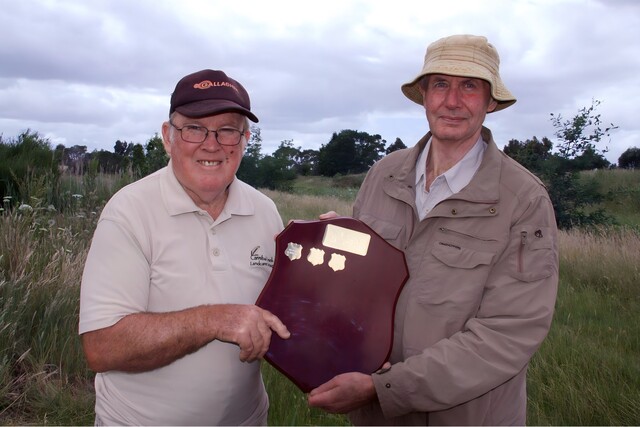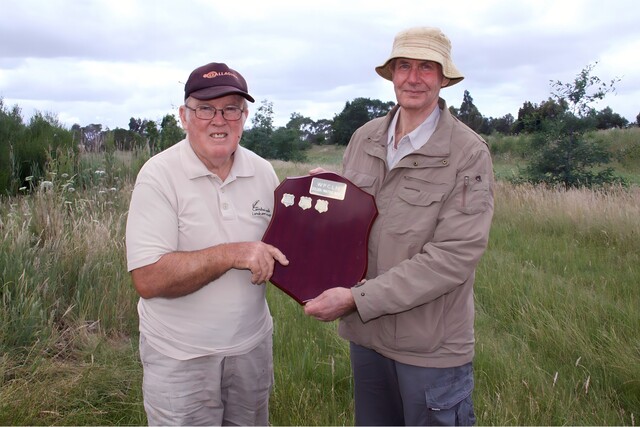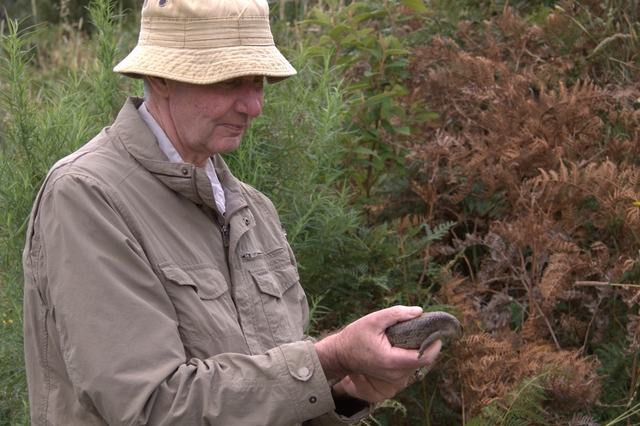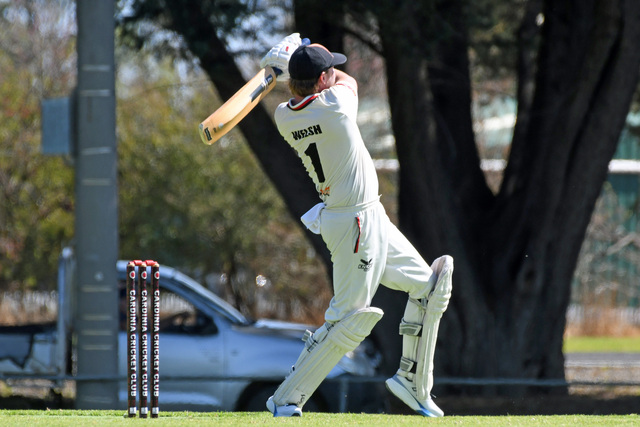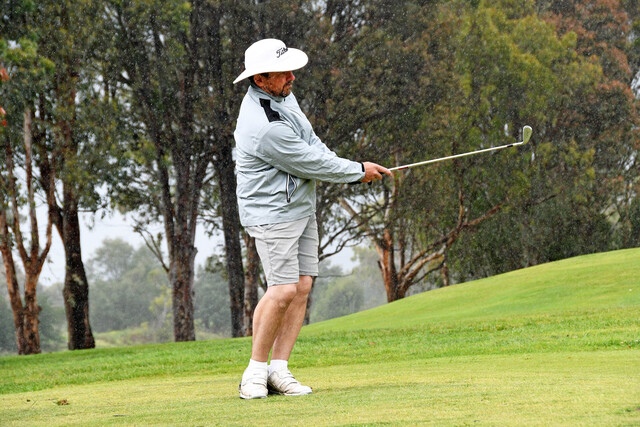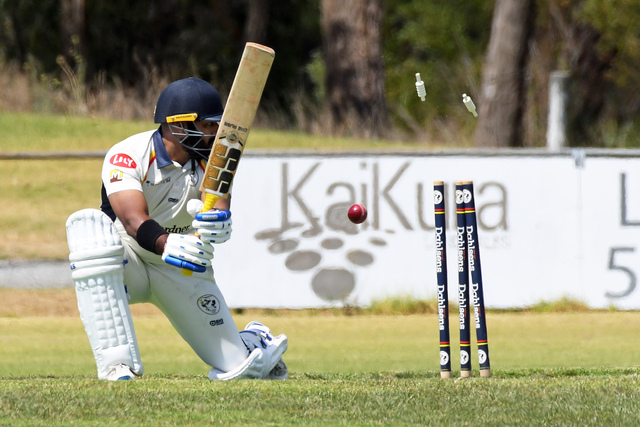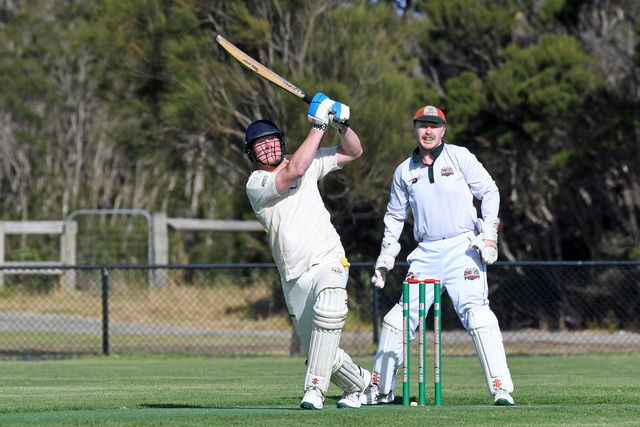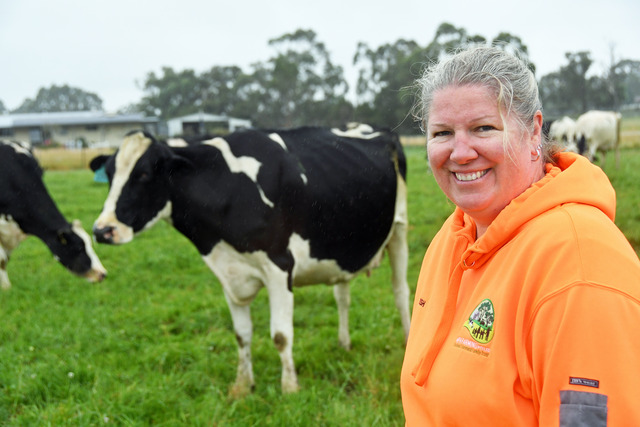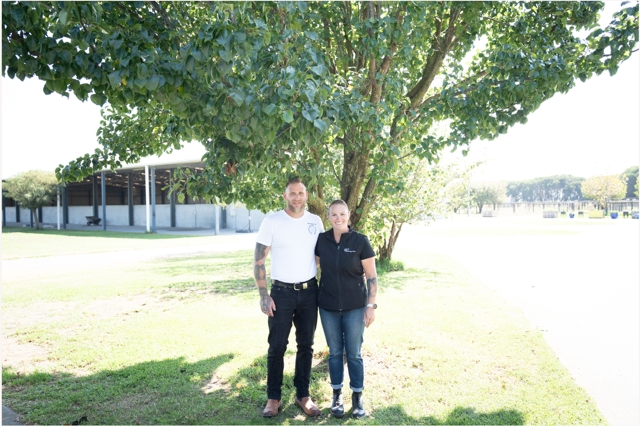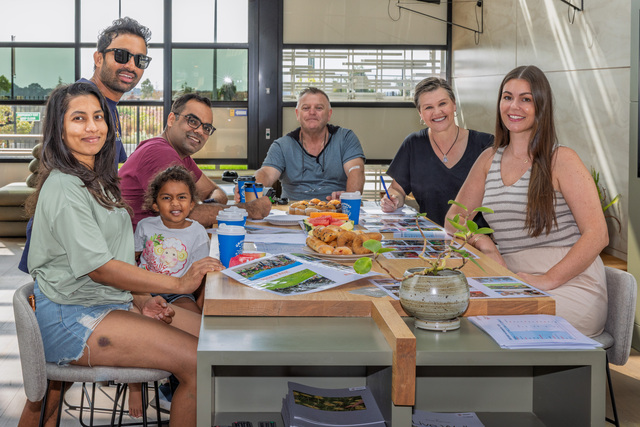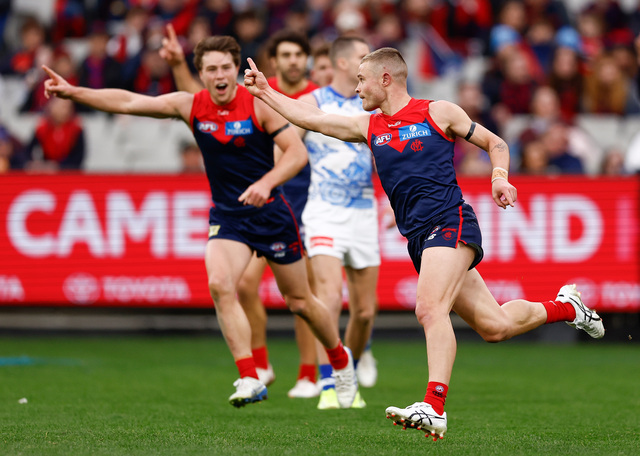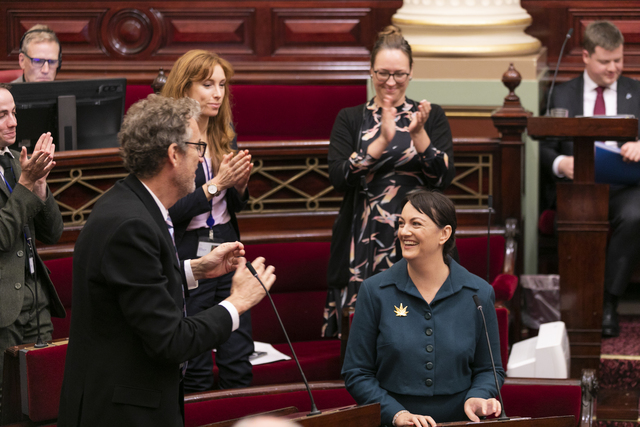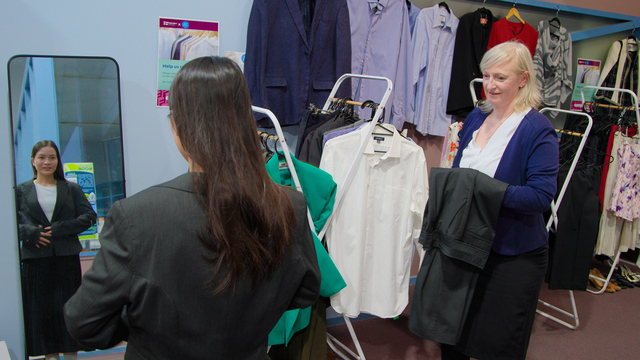PRECEDE: From childhood adventures to community-driven projects, Geoff Lockwood has turned a personal passion into something far greater. He spoke to Gazette journalist Afraa Kori about his award-winning work and the urgent need for action in conservation.
BREAKOUT QUOTE: “We are witnessing a massive ‘silent loss’ of biodiversity which will have serious ramifications for society in the future; many species that were common when I was growing up are now classed as endangered. We now live in a rapidly changing environment, so being flexible and adaptive, inquisitive; try new approaches to solve problems; monitor the outcomes; listen to the community.”
A lifetime dedicated to conservation has earned Warragul’s Geoff Lockwood a prestigious Golden Wattle Award.
Hosted by Western Port Catchment Landcare Network, Geoff was honored at the AGM last month.
The Golden Wattle Award is an acknowledgement of an individuals’ commitment and contribution to the Landcare community and more broadly, the environmental space in which we live.
“It’s very humbling given the depth of knowledge and passion of members within the Western Port Catchment Landcare Network. It is a recognition of the Landcare group members that have enabled the projects to be so successful,” Geoff said.
His interest in the environment developed while growing up close to State Forest; always out exploring the bush either on foot or horse and learning about different fauna and flora.
He began with the Network in 2020 as a project facilitator to work with landholders in the Westernport Catchment.
He developed project proposals on behalf of Landcare groups, sourcing funding for the projects, managing the delivery of the project and project reporting. Most of the project activities are completed by Landcare group members on a voluntary basis. For some projects there can be an on-ground component such as fauna or flora surveys or community engagement activities.
Prior to joining, he was involved in managing a range of conservation reserves in the local region and supported Cardinia Shire with a number of environmental projects.
His career background includes working in agriculture focusing on dairy, beef, sheep and wine grape production in various regions of Victoria, however he kept returning to West Gippsland.
Initially involved in agriculture and developed an interest in sustainable farm management, a career change in 2010 provided an opportunity to focus on environmental work.
He became involved in natural resource management, managing conservation reserves for a not-for-profit organisation and facilitating community driven environmental projects culminating studies in environmental science which had strong links to his previous studies in sustainable agriculture.
Another long-running enterprise has been the capture and relocation of snakes from properties, which has evolved to providing reptile awareness presentations to schools and community groups.
Volunteer activities have included wildlife rescue, assisting landowners with Birdlife Australia’s Birds on Farms projects; and biodiversity surveys with the Victorian National Parks Association.
He tends to be optimistic about the future of our natural environment and the challenges being imposed on its biodiversity, particularly due to the innovative approaches and novel responses that address these challenges particularly provided by the local community within the Western Port catchment.
The Cannibal Creek Catchment Biodiversity Project – involving six years of activities, was facilitated by Geoff from the early days.
For him, the key part of writing project proposals was to identify potential risks that may challenge the success of the project. However, who would have thought that this project would be heavily impacted by an extensive bushfire and subject to the impacts of a pandemic a little later.
It was through the resilience and passion of the key stakeholders from local communities such as Tynong, Garfield and Bunyip North areas, let alone Tonimbuk that heightened interest in protecting local environments took hold.
The project commenced as an initiative of Landcare and other community groups to target pest plants and animals within the Cannibal Creek corridor and expanded to eventually cover ninety square kilometres of the landscape, supporting local landowners with pest animal and weed control and revegetation.
It began to focus on weed control targeting pest plants and animals in the area from Tynong North Road to Bunyip River as well as from the Princess Freeway to the boundary of Bunyip State Park.
In 2019 and 2020 the weed control sites covered over 720 hectares and pest animal control involved 24 properties covering 1200 hectares.
One of the outcomes of the bushfire was a need to reallocate project funds engaging an environmental consultant to assess the post-fire recovery particularly at Mt. Cannibal. Other work identified exclusion fencing and an Aboriginal Cultural Heritage Survey.
Through these assessments an increase in Indigenous species was identified as well as many exotic species.
Exclusion fencing was successful in protecting three sites with significant biodiversity values.
The success of the Cannibal Creek Catchment Biodiversity Project was due also to local community efforts and with the support from agencies.
Additionally, Geoff was heavily involved in facilitating the Cardinia Shire Biodiversity Grants and the Clyde Rail Project which assisted with protecting and enhancing the grassland biodiversity values along a six-kilometre corridor of the disused South Gippsland railway line.
He previously volunteered with the Country Fire Authority and Victorian State Emergency Service. His recreational pursuits include bushwalking and kayaking which provide great opportunities to interact with natural ecosystems. Current work combined with these recreational activities support an interest in photography; specifically fauna and flora, and amazing natural landscapes.
His major concern is that common plant and animal species are now becoming endangered, and difficult to find in the natural environment. While other species are flourishing beyond their natural range as ecosystems change in response to a diversity of threats, especially a changing climate.
“We are witnessing a massive “silent loss” of biodiversity which will have serious ramifications for society in the future; many species that were common when I was growing up are now classed as endangered. We now live in a rapidly changing environment, so being flexible and adaptive, inquisitive; try new approaches to solve problems; monitor the outcomes; listen to the community,” Geoff said.
Member of the Network, Marijke de Bever-Price, who presented Geoff’s award, praised his extensive ecological knowledge and unwavering dedication to the future of our environment.
“It’s a pleasure to spend time with him in nature and gleaning information from his kit bag of astounding experiences. Weeding events at the Beaconsfield Reservoir with the Intrepid Landcare Group and events where meditative listening to Bird calls at Kurth Kiln and Chambers Reserve certainly demonstrated his skill, knowledge and passion. He utilised them in times when completing surveys of properties especially for the Cardinia Shire Biodiversity Project.”
“The network has benefited greatly from this man’s expertise, passion, organization and determination to support landowners, Landcare groups and the broader community. He is a supportive team player. He has assisted groups in these incredible writing grant applications, independent of the network, he has incredible knowledge which he gladly shares and has the ability to map project sites with a great deal of detail. His peers and many of those he works with consider his expertise to be invaluable and all regard themselves as being lucky to be able to work with and beside him.”

